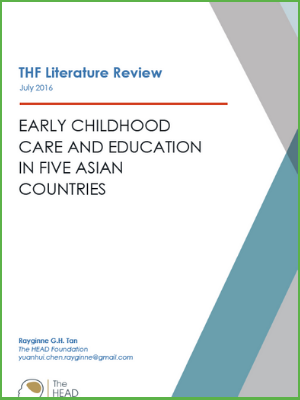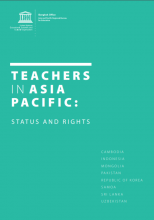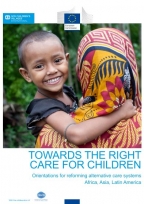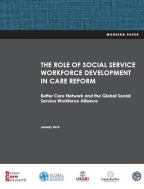State of the Social Service Workforce 2018: Trends and Recommendations for Strengthening the Workforce

This 4th annual report includes a multi-country, four region review of the state of the social service workforce. Through Alliance-led mappings and assessments in three regions in collaboration with UNICEF, and information from mappings and assessments in a fourth region, this report consolidates trends and data and makes recommendations for better planning, development and support to this frontline workforce. The report also makes connections to the Alliance's Call to Action for Strengthening the Social Service Workforce to Better Protect Children and Achieve the SDGs. The data and findings are intended to build the evidence base in support of advocacy efforts to gain government and stakeholder commitments for strengthening the social service workforce.
Authors: Publication:Global Social Service Workforce Alliance
Year of Publication:2019
www.socialserviceworkforce.org





